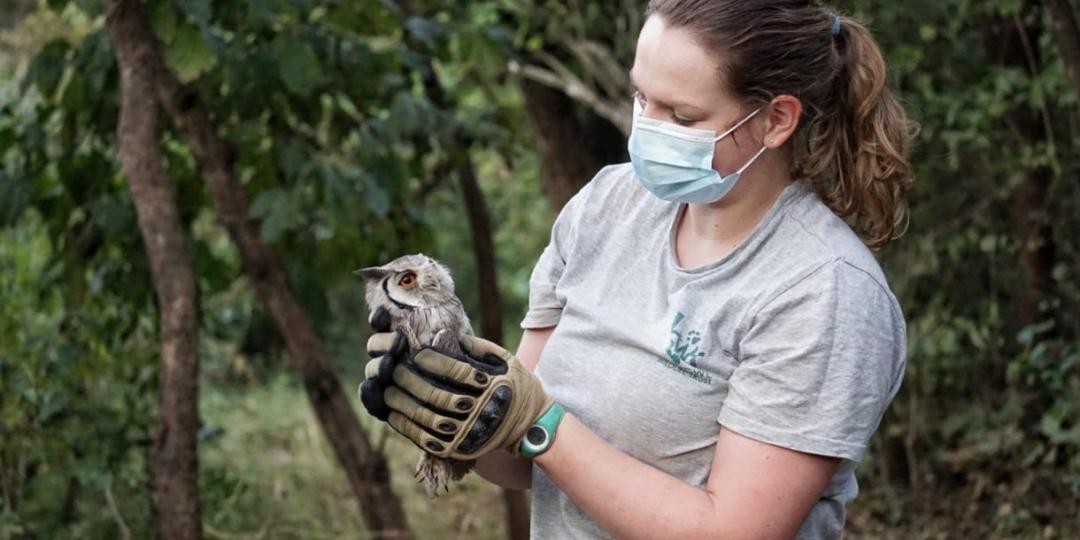Voluntourism is surging in Malawi, with one of the country’s leading wildlife conservation organisations reporting a six-fold year-on-year increase in the number of volunteers arriving from abroad to take up placements.
The Lilongwe Wildlife Trust operates the country’s only wildlife sanctuary, taking care of about 200 animals at any given time, many of which have been rescued from the illegal wildlife trade. The trust’s placement programme, which offers roles in sanctuary work, biodiversity research and wildlife medicine, ground to a halt in 2020 as a result of COVID-19 restrictions, leading to a critical loss of manpower.
Between August 2020 and July 2021, the organisation only received 11 volunteers. But the lifting of COVID restrictions prompted renewed interest in voluntourism, and August 2021 to July 2022 saw 68 volunteers arriving from overseas, the majority from Europe and America.
Tom Mixer, Director of Operations at Lilongwe Wildlife Trust, said: “We are delighted to see growing interest in voluntourism in Malawi since the borders reopened. Volunteers are absolutely critical to our work. We are optimistic that – as confidence is rising in travellers – we will see more volunteers returning to support our efforts to save and protect wild animals in Malawi.”
During the height of the pandemic, the trust secured funding to revamp its facilities, building new wildlife care facilities and upgrading accommodation for volunteers.
“Although the pandemic was devastating in many ways, it gave us time to invest in our operations and tailor our wildlife placements for the voluntourism market, which is clearly seeking more sustainable and ethical ways of travelling,” Mixer explained.
The country’s tourism industry is also optimistic that Malawi’s inclusion amongst the top-ten countries in the 2022 Lonely Planet Best in Travel List will quicken the pace of recovery.
The Malawi Travel Marketing Consortium said in a press release: “Malawi is becoming a rising destination for global travellers and wildlife enthusiasts. Although Africa’s tourism industry is taking longer to recover from the pandemic than other regions, demand for ecotourism and interactions with wildlife and nature is high amongst younger travellers who are seeking meaningful experiences that benefit the places, people and the wildlife they encounter.”























